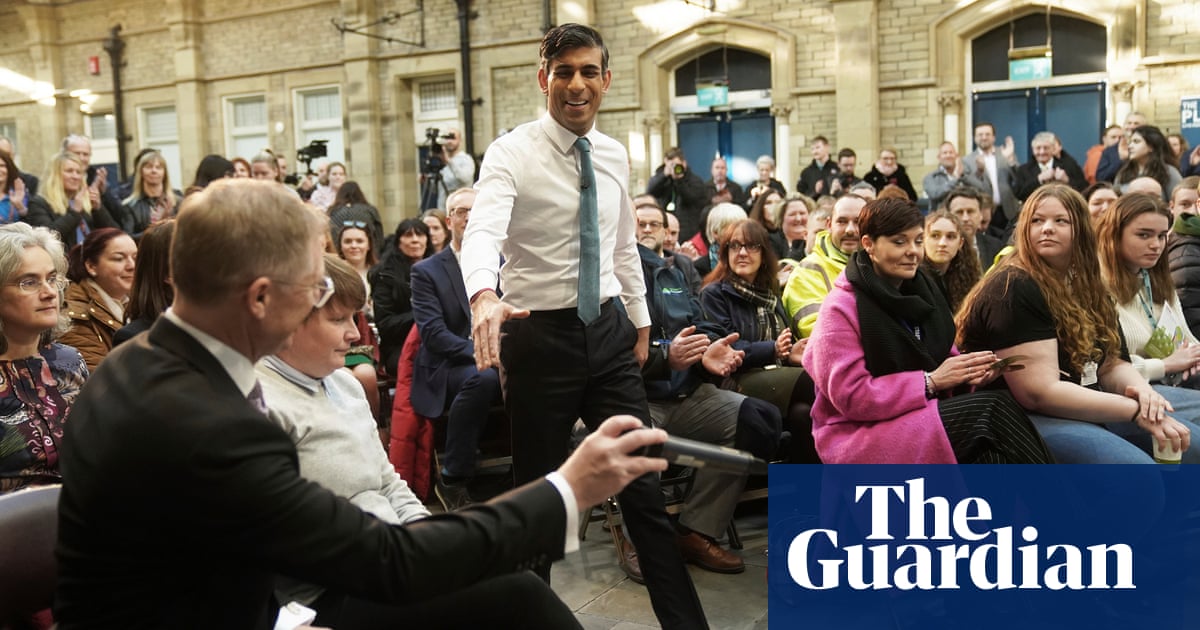
Nigel Farage’s Brexit party may have saved up to 25 Labour seats in the Midlands and the north at the 2019 general election, denying Boris Johnson a landslide majority of 130, according to new analysis.
Farage’s party failed to win a single seat in December 2019 as Boris Johnson sought to hammer home the message that the Conservatives would “get Brexit done”.
But elections experts John Curtice, Stephen Fisher and Patrick English say that by attracting Leave-supporting former Labour voters who might otherwise have backed the Conservatives, Farage may have significantly cut the scale of Labour’s defeat.
By modelling the behaviour of Labour Leavers elsewhere, they suggest that in the absence of a Brexit party candidate, 70% would likely have turned to the Tories and 30% stuck with Labour. Meanwhile, Conservative voters who switched to Farage’s party were likely to have voted for Johnson.
“As a result, the Brexit party may have cost the Conservatives about 25 of the seats that Labour managed to retain – most of them Leave-voting seats in the north of England and the Midlands – and thereby enabled Labour to avoid an even heavier loss of seats,” they say in a new book, The British General Election of 2019, published on Tuesday.
Labour’s performance was already its worst in terms of seats won since 1935, prompting Jeremy Corbyn’s resignation after a chaotic campaign. The Brexit party stood its most prominent candidate, Richard Tice, in Labour-held Hartlepool where he took more than 10,000 votes but came in behind Labour and the Conservatives. The seat fell to the Tories in a byelection this year, raising questions about Keir Starmer’s ability to win back the so-called red wall.
Farage repeatedly sought an electoral pact with Johnson’s Conservatives in 2019, offering to stand aside in Tory-held seats in exchange for a free run in former Labour heartlands constituencies.
With no deal forthcoming, he unilaterally decided not to field candidates in seats where there was an incumbent Tory MP. This move had less of an effect on the UK-wide result, the authors say – but it did have an impact in a few key seats that the Tories only narrowly held.
“There was just a handful of seats where the decision of the Brexit party to stand down might have helped avoid a Conservative defeat, though they include the seats of two prominent Brexiters, Iain Duncan Smith (Chingford & Wood Green) and Dominic Raab (Esher & Walton).” The Liberal Democrats are heavily targeting Raab’s Surrey constituency, which he held by just 2,700 votes.
Edited by academics Tim Bale, Robert Ford, Will Jennings and Paula Surridge, the new book is the latest edition of what is widely viewed as the definitive academic guide to general elections, with the first edition published in the wake of Labour’s landslide victory in 1945.
By analysing constituency-by-constituency results, and responses to the British Election Study internet panel, covering 30,000 voters, Curtice, Fisher and English show that Brexit heavily skewed the outcome in contests right across the country.
“The Conservatives’ share of the vote increased by nearly six [percentage] points on 2017 in seats that are estimated to have backed Leave most heavily in 2016, while the party’s vote fell by a couple of points in constituencies where most had voted Remain,” they say.
By contrast, they add: “While Labour’s vote fell by six points where most voters had backed Remain, it dropped by nearly nine points where a majority had supported Leave.”
They say this pattern was “disruptive of much of the existing geography of party support” so that “all of Britain’s parties often recorded some of their best performances in relatively unfamiliar territory” – including the Conservatives’ advances in the North and Midlands.












